This page is under construction – further board members will be added soon.
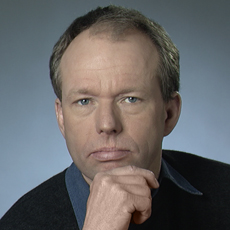 Dirk Baecker |
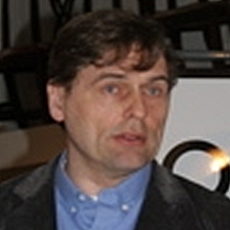 Søren Brier |
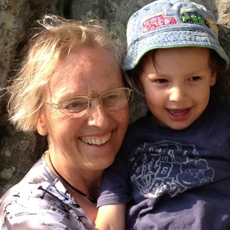 Pille Bunnell |
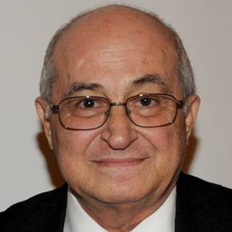 Nagib Callaos |
 Bruce Clarke |
 Flo Conway and Jim Siegelman |
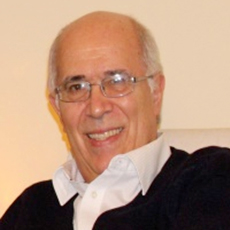 Raúl Espejo |
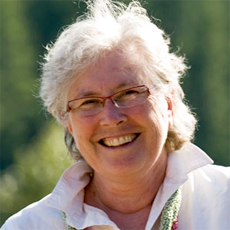 Kathleen Forsythe |
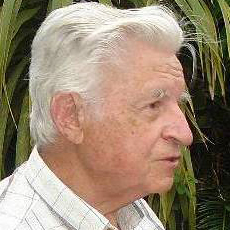 Charles François |
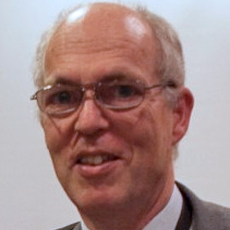 Dai Griffiths |
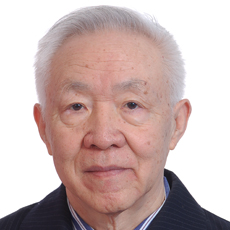 Jifa Gu |
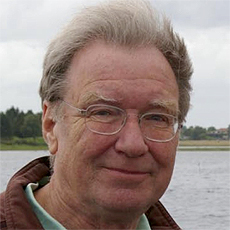 Jesper Hoffmeyer |
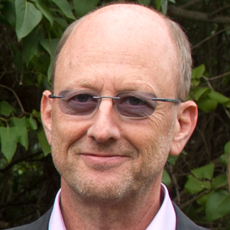 Wolfgang Hofkirchner |
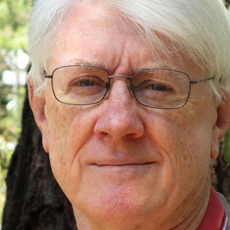 Ray Ison |
 Jane Jorgenson |
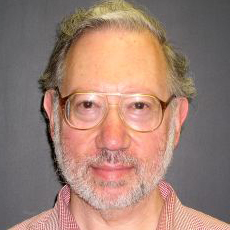 Louis H. Kauffman |
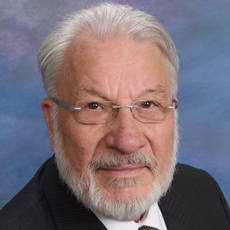 Klaus Krippendorff |
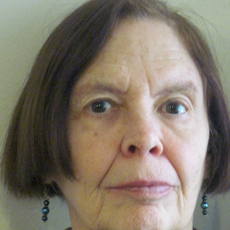 Allenna Leonard |
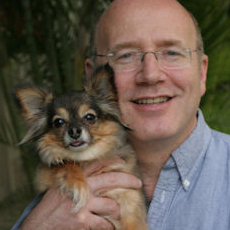 Michael Lissack |
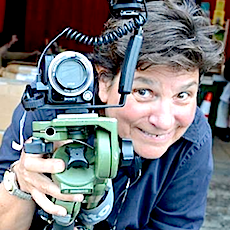 Judith Lombardi |
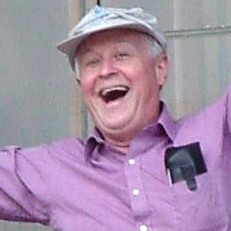 Robert J. Martin |
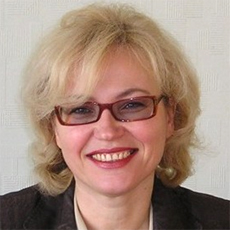 Tatiana Medvedeva |
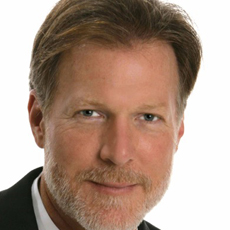 Gary Metcalf |
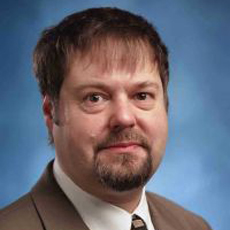 Gerald Midgley |
| Matjaz Mulej, 1941, Slovenian. He retired from University of Maribor as Professor Emeritus in Systems and Innovation Theory. He has +1.600 publications in +40 countries (see: IZUM/Cobiss/Bibliographies, 08082); +60 publications in world-top journals, and close to 400 citations, of which +100 in world-top journals. He was visiting professor abroad for 15 semesters, including Cornell U., Ithaca, NY, and others in Austria, China, Germany, Mexico, USA, about 50 further shorter visits with classes for students around the world. He has served as consultant or speaker in/for enterprises about 500 times in six countries. He authored: Dialectical Systems Theory (see: François, 2004, International Encyclopedia ..); Innovative Business Paradigm for countries/enterprises in transition and Methods of creative interdisciplinary cooperation USOMID and USOMID with 6 Thinking Hats. His investigating and publishing runs in teams, mostly. He was nominated member by: New York Academy of Sciences (1996), European Academy of Sciences and Arts, Salzburg (2004), European Academy of Sciences, Arts and Humanities, Paris (2004), International Academy for Systems and Cybernetic Sciences, Vienna (2010; president until 2012). In IFSR (International Federation for Systems Research with 46 member associations) he was president in 2006-2010. He has received many rewards for his work on systems approach to innovation in Yugoslavia, Slovenia, Maribor and University of Maribor and many ‘Who is Who’ entries and invitations, Slovenian and international. His B.A. is in economic analysis, M.A. in Development Economics, Doctorates in Economics/Systems Theory, and in Management/Innovation Management. He is married for +50 years and has 2 adult children, 4 grand-children. In 2013 and 2014 ten book and articles collections are being published under him as editor or guest editor. EPF homepage: epfip.uni-mb.si; IRDO (Institute for development of social responsibility): www.irdo.si.
|
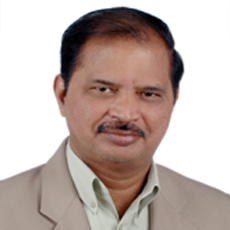 MGPL Narayana |
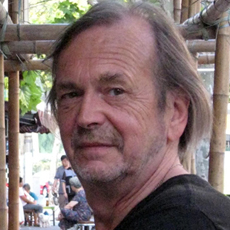 Andrew Pickering |
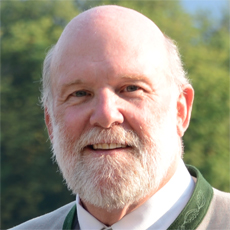 William J. Reckmeyer |
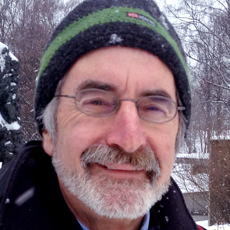 Frederick Steier |
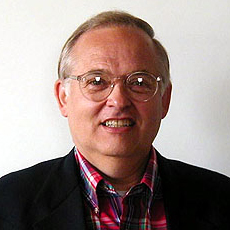 Ern Reynolds |
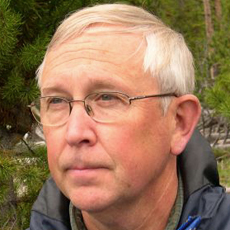 Larry Richards |
| Alexander Riegler obtained a Ph.D. in Artificial Intelligence and Cognitive Science from Vienna University of Technology in 1995 with a dissertation on Artificial Life. Riegler’s interdisciplinary work include diverse areas such as knowledge representation and anticipation in cognitive science, post-Darwinian approaches in evolutionary theory, and constructivist and computational approaches to epistemology, see here. He is the editor-in-chief of the journal Constructivist Foundations. |
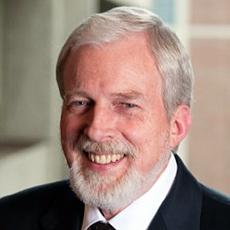 Stuart Umpleby |
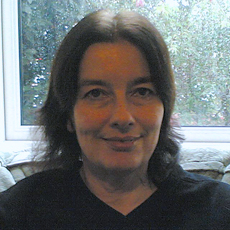 Christine Welch |
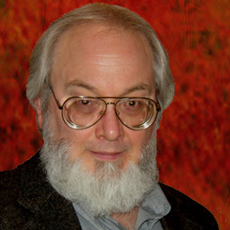 Randall Whitaker |
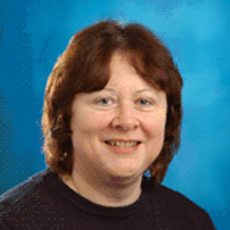 Jennifer M Wilby |
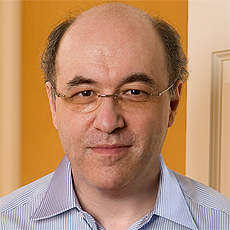 Stephen Wolfram |
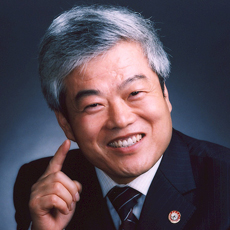 Youmin Xi |




































